2023 Faculty Summer Grants Awarded
Lipscomb funds summer research to advance spiritual discernment, the visual arts and creative writing, engineering and telehealth.
Janel Shoun-Smith |
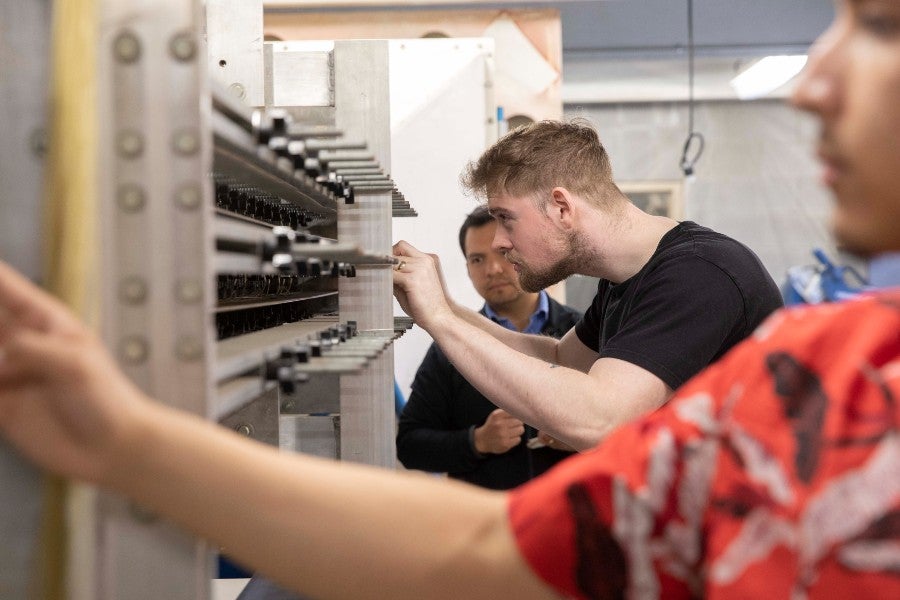
Each year, Lipscomb University awards up to six grants to allow faculty to focus on research and scholarship during the summer. Past grants have benefitted the development of new courses, the writing of books and poetry, innovative research in chemistry and biology and programs to enhance Lipscomb’s relationship within the national and international community.
In 2023, five faculty were awarded grants to conduct projects adding to humanity’s knowledge base in aerodynamics, theological discernment, humor in art, telemedicine and through historical fiction.
See below for details on the 2023 faculty grants, and check out the links below to see details on the research and scholarship awarded in past years.
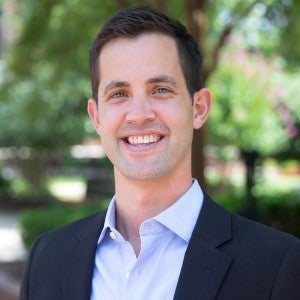
Josh Strahan
Dr. Josh Strahan (’04)
Associate Professor of Bible
“Humble Discernment ”
With an eye toward encouraging civil discourse born out of love and grace in our society today, Strahan’s goal is to write a book that would first introduce a model for theological discernment and secondly, apply the method to a handful of topics, from ethics to metaphysics, polarizing society today.
“It is obvious that we find ourselves in a time of increasing polarization. Sadly, too many lifelong Christians fail to model an alternative to such divisive styles of communication,” said Strahan. “I suspect that many Christians have never been given a useful framework for navigating complicated issues. When asked for their reasoning, they often have little to appeal to beyond platitudes and proof-texts, all of which leads to confusion, frustration and talking past one another.”
To counter this, Strahan’s book would model a better approach: a system of checks and balances that draws on basic Christian orthodoxy—worldview, Bible, love, virtue and natural revelation.
“All five elements—Worldview, Bible, Love, Virtue, Natural revelation—have their place in Christian orthodoxy. To attempt to live as a Christian or to do Christian discernment apart from any one of them is to do something less than Christian,” said Strahan.
READ MORE: Strahan's first book explored The Basics of Christian Belief.
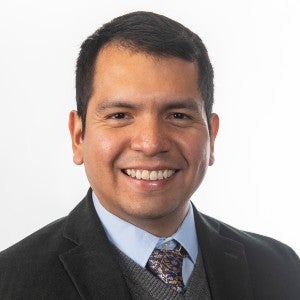
Dr. Max David Collao (’09)
Assistant Professor of Mechanical Engineering
“Wind Tunnel Wall Forming Using Information from CFD Simulation and Experimental Data”
Lipscomb University’s low-speed wind tunnel is an important asset to the College of Engineering for the purposes of research, product design and development, and engineering training. With its adaptive walls, it is a useful tool to model real-world situations in which road vehicles or aircraft are not surrounded by “enclosing walls.”
Collao’s goal is to use Computational Fluid Dynamics (CFD) to predict air flow behavior instead of solely relying on analog gauge measurements of flow properties. Such analog measurements involve adjusting the tunnel’s walls over and over in response to data, making it a repetitive and very time-consuming part of the experimental work.
“CFD is a powerful tool that can be used to obtain approximate information about the possible paths of streamlines prior to performing any experimental work,” said Collao. “Starting experimental work using this information can dramatically reduce the time necessary to create suitable conditions for experiments and has the potential for saving other precious resources such as money, physical effort, and electric power.”
This work would serve as a learning opportunity of aerodynamic testing for both engineering faculty and students using a wind tunnel and simulation software, and students will gain a mentoring experience providing a head -start in launching their professional careers.
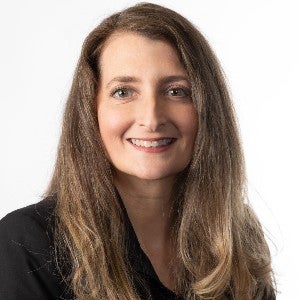
Dr. Dana Chamblee Carpenter
Assistant Professor of English
“Development of the Novel: Hiram Lucky’s Home for the Unfortunate”
Carpenter will spend the summer conducting extensive research for a new historical fiction book: Hiram Lucky’s Home for the Unfortunate. This creative writing project is a multi-voiced novel that spans the lives of the Lucky family from just after the Civil War to the 1920s.
The story begins with the family patriarch, a tycoon who makes his money from the timber boom and expansion of the Cotton Belt railroad near the St. Francis River in Northeast Arkansas. Carpenter will travel to St. Francis, Arkansas, and its environs to immerse herself in the stories of the time and place through research, especially of archival holdings in various local libraries and preservation organizations.
“This novel will highlight voices in a place and period that are often overlooked in conventional historical fiction. Underlying themes would explore the consequences of rapid consumption of natural resources on the environment as much of Northeast Arkansas suffered irrevocable damage from clear-cutting and the decimation of native species of plants and animals, as well as the human suffering left in the wake of the Industrial Revolution’s ‘grab and run’ modus operandi,” said Carpenter.
“The story is, at its heart, about people looking for a place to belong, to pick up the pieces of their lives, and to find a purpose for living through acts of kindness for others.”
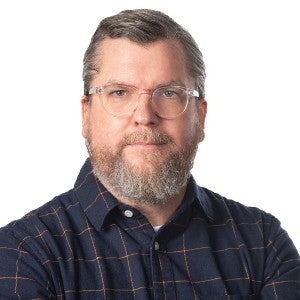
Rocky Horton, MFA, MBA
Director of the School of Art & Design
“Development of a Course on Humor in Art”
Horton will work to develop a course, with associated lecture series and exhibition, on humor in art, in collaboration with Dr. Thomas Sturgill, the professor of Sculpture at Belmont University. The professors plan to offer the class at both institutions with some co-events, lectureships, art exhibitions and class sessions.
His summer research, including traveling to exhibitions and museums of both comedy and art, will concentrate on comic processes and comedy history and its manifestation in the work of preeminent artists throughout time.
“Art and humor have been companions for centuries,” said Horton, citing Bernini’s Fountain in the Piazza Navona and Michelangelo’s self-portrait as the sagging skin of St. Bartholomew as two examples of thousands in art history.
“However, there is little scholarship dedicated to the subject and few exhibitions. The lecture series will include professional artists and comedians talking about the processes of both, and ultimately, this will lay the groundwork for future collaborations between Lipscomb’s School of Art and Design and other institutions nationwide.”
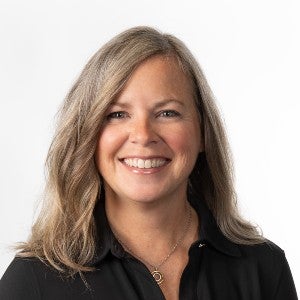
Dr. Rebecca Burcham
Chair of Management, Entrepreneurship & Marketing
“Telehealth, Telemedicine, eHealth—What Do Patients Call It?”
Burcham’s project will focus on improving and increasing use of telemedicine by first understanding what terms (i. e. telemedicine, telehealth, e-health, digital health and remote care) patients and physicians use and how they define these terms.
Although the concept of telemedicine has been around for more than a decade, confusion around terms and definitions used to describe these remote services persists. Clarity around the terms is a critical exploratory step in identifying ways to improve the use of such services, said Burcham.
In fact, the American Telemedicine Association has made a national call for action for academic research into all aspects of telemedicine as the growth of this industry is imperative to help fill the growing gap in health care services plaguing rural America.
The decision by the state of Tennessee to opt out of accepting federal dollars to expand Medicaid directly led to the closure of many rural hospitals across the state. Such closures result in health care providers relocating to other hospitals for employment, leaving many patients in these communities tens if not hundreds of miles away from in-person health care.
Telemedicine services have, in some cases, been able to fill the gap in care for these communities, said Burcham. However, confusion arises about the term telemedicine as many words and definitions abound to describe the delivery of health care beyond the face-to-face interaction via platforms such as email, audio, visual, synchronous and asynchronous.